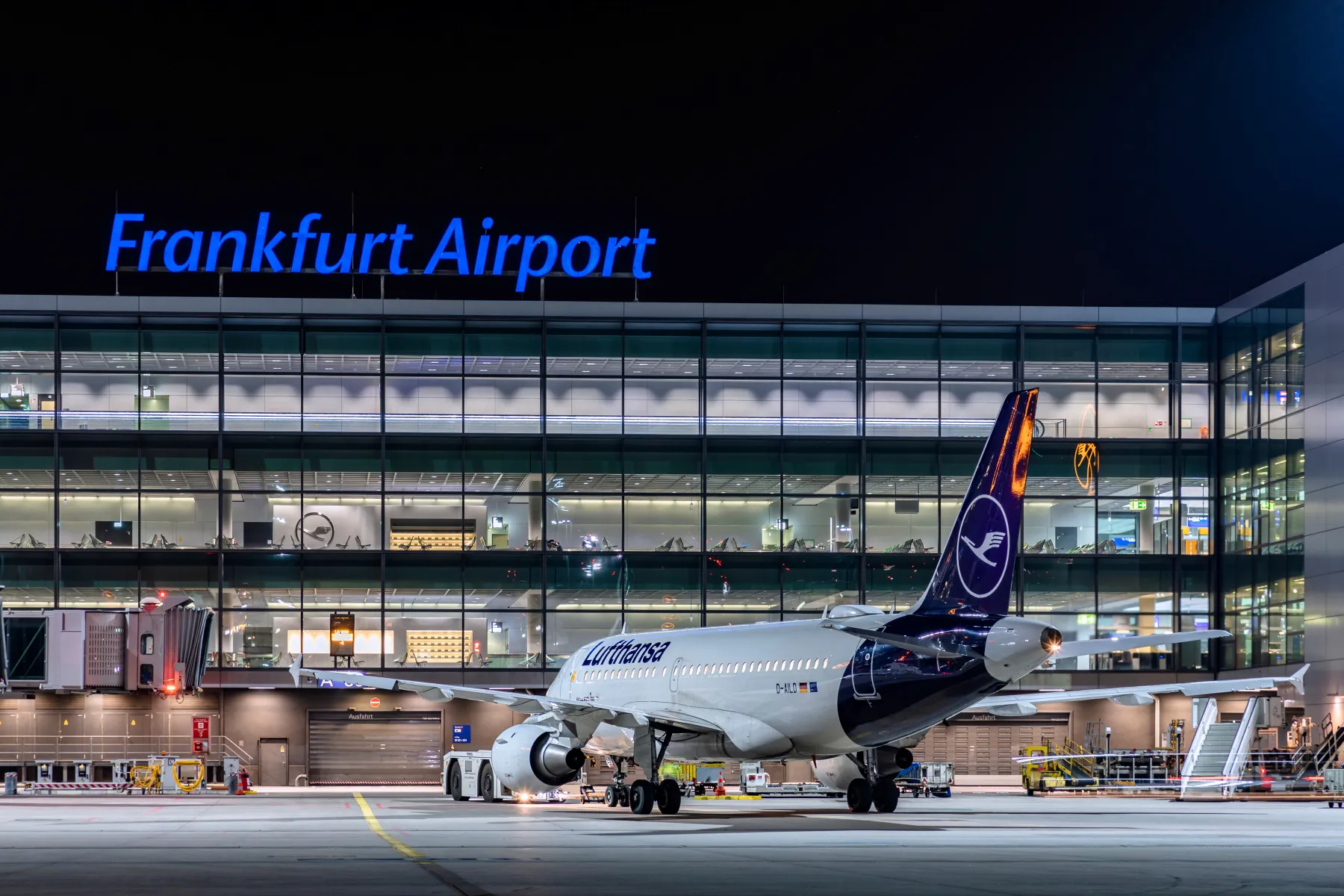Airbnb Could Be Worth More Than Any Hotel Company

Skift Take
It's already been established that homesharing giant Airbnb doesn't need to go public anytime soon. But if it did, Airbnb may likely have a market capitalization larger than any hotel company — and be on par with some of the biggest online travel agencies.
That's just one of the findings from a new report, "Airbnb's Network Effect Offers Investors a Unique Stay," from Morningstar Equity Research. Morningstar analysts used two different methods — one looking at exit multiples and another comparing Airbnb to its competitive peer set — to determine the company's valuation.
Morningstar found that Airbnb may well have a market cap that ranges anywhere from $53 billion to $65 billion, which would mark the first time Airbnb's valuation would surpass the world's largest hotel company, Marriott International, with its market cap of $46 billion.
"The valuation we're getting to is worth a decent amount more than its last funding round of $31 billion from 2017," said Dan Wasiolek, senior equity analyst for Morningstar and co-author of the report released on Tuesday.
Online travel agency Expedia's market cap is $19 billion and TripAdvisor's is $8 billion. Only Booking.com beats Airbnb's estimated market cap, with a valuation of about $100 billion.
That means investors eager to capitalize on the nearly $700 billion global online travel market would do well to keep their eye on the San Francisco-based company.
"That [Airbnb market capitalization] will continue to go up as it has been because Airbnb does have the No. 1 share in the core alternative accommodations market, and we think they are going to continue to have initiatives there to expand their presence in that market, and also go into new verticals to expand their network," Wasiolek said.
However, he added, "There is a lot of competition though," referring to the strength of online travel companies such as Booking Holdings, Expedia (which owns VRBO and HomeAway), and TripAdvisor.
Both Airbnb and Booking.com, Wasiolek noted, have about the same number of alternative accommodations listings. However, while Airbnb had approximately 30 percent of market share in the sector last year and Booking had 20 percent, Morningstar sees the tide shifting at some point.
"As people become aware that Booking has just as many alternative accommodations listings as Airbnb, we think Booking will begin to outpace Airbnb growth in this market in 2020," Wasiolek said.
The alternative accommodation market, in particular, will remain strong, Wasiolek and his co-author, Robert Le, assert in their report. In fact, they said they expect online alternative accommodations booking growth to exceed overall online travel booking growth well into 2022.
Challenges for Airbnb on Its Road to an IPO
As Airbnb pursues continued growth and that eventual IPO, its challenges aren't simply limited to facing stiff competition.
"The biggest risk to Airbnb is how the evolution of regulations on short-term rentals plays out for alternative accommodations in cities throughout the world," Wasiolek said.
Another report from Morgan Stanley, published in November 2017, also suggested that in some of its more mature and popular markets in Europe, for instance, Airbnb's growth rates have slowed because of privacy and security concerns or simply because homesharing has become more mainstream.
Even though the company is expanding and diversifying its platform to include tours and activities (Airbnb Experiences) and Airbnb CEO Brian Chesky has previously spoken about getting more into transportation, aviation, and other complementary travel services, Morningstar estimates that accommodations will still be 82 percent of the company's revenue in 2022. The remaining 18 percent will come from hotels (8 percent), experiences (8 percent) and transportation (2 percent).
By contrast, Chesky said in 2017 that he anticipates more than half of the company's business in 2020 to come from segments in which it is not currently participating in.
If Airbnb wants to remain competitive and continue to grow, Wasiolek said it needs to invest its considerable "war chest" into "other verticals" such as Airbnb Experiences, the upcoming Airbnb Superguest loyalty program, growth in China, attracting more hotels to the platform, and building its corporate travel business.
While Airbnb's emphasis on "uniqueness" and peer-to-peer sharing makes the brand stand out, it may also make it more difficult for the company to attract more traditional hotel inventory to its platform and attract more corporate travelers, Wasiolek also noted.
Airbnb Versus Booking.com — And Everyone Else
Earlier this year, Booking and Airbnb made news when Booking.com said it had more alternative accommodations listings than Airbnb, but the competition between the two companies extends to more than just who has the most listings.
Airbnb's advantages over its peers such as Booking, Expedia, and TripAdvisor, Wasiolek said, include the fact that 60 percent of Airbnb's Web traffic is direct, whereas its peers see direct traffic that ranges anywhere from 15 to 42 percent.
"If you have that kind of awareness, that's essentially free marketing and you don't have to spend on these indirect channels," Wasiolek said. Online travel agencies like Booking and Expedia are known to spend relatively large sums of money on marketing alone — something a brand like Airbnb doesn't necessarily have to do.
Taking a longer view, however, Wasiolek sees Airbnb on par with its main online travel competitors, but places Booking and Expedia ahead of TripAdvisor and Airbnb in terms of who will likely have the best positioning.
"This market, over the next several years, is still large and still growing rapidly," Wasiolek said. "There's enough room for all of these companies to do well and as the market matures and growth rates slow, it'll get tougher for all of them to continue to grow."




